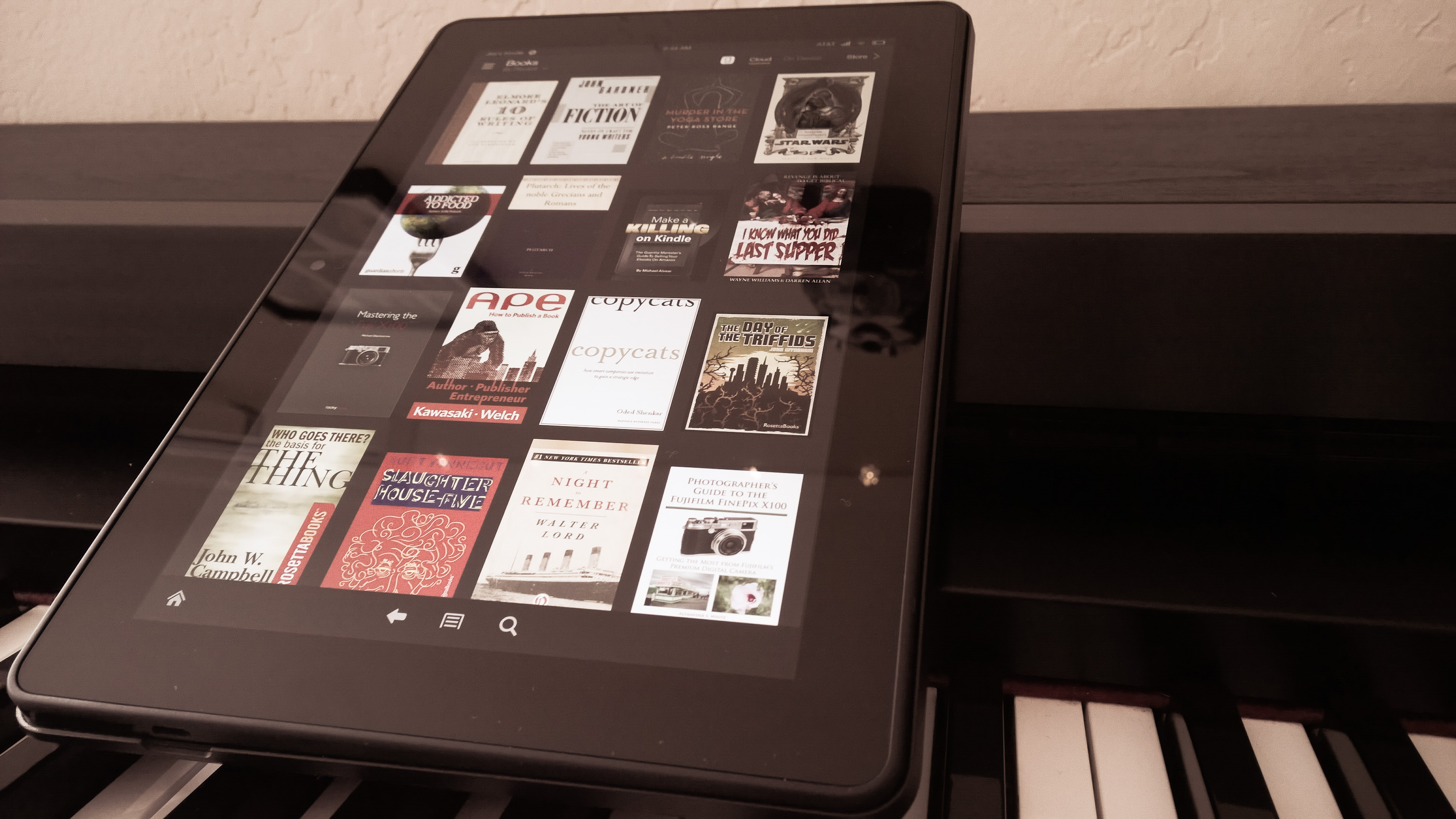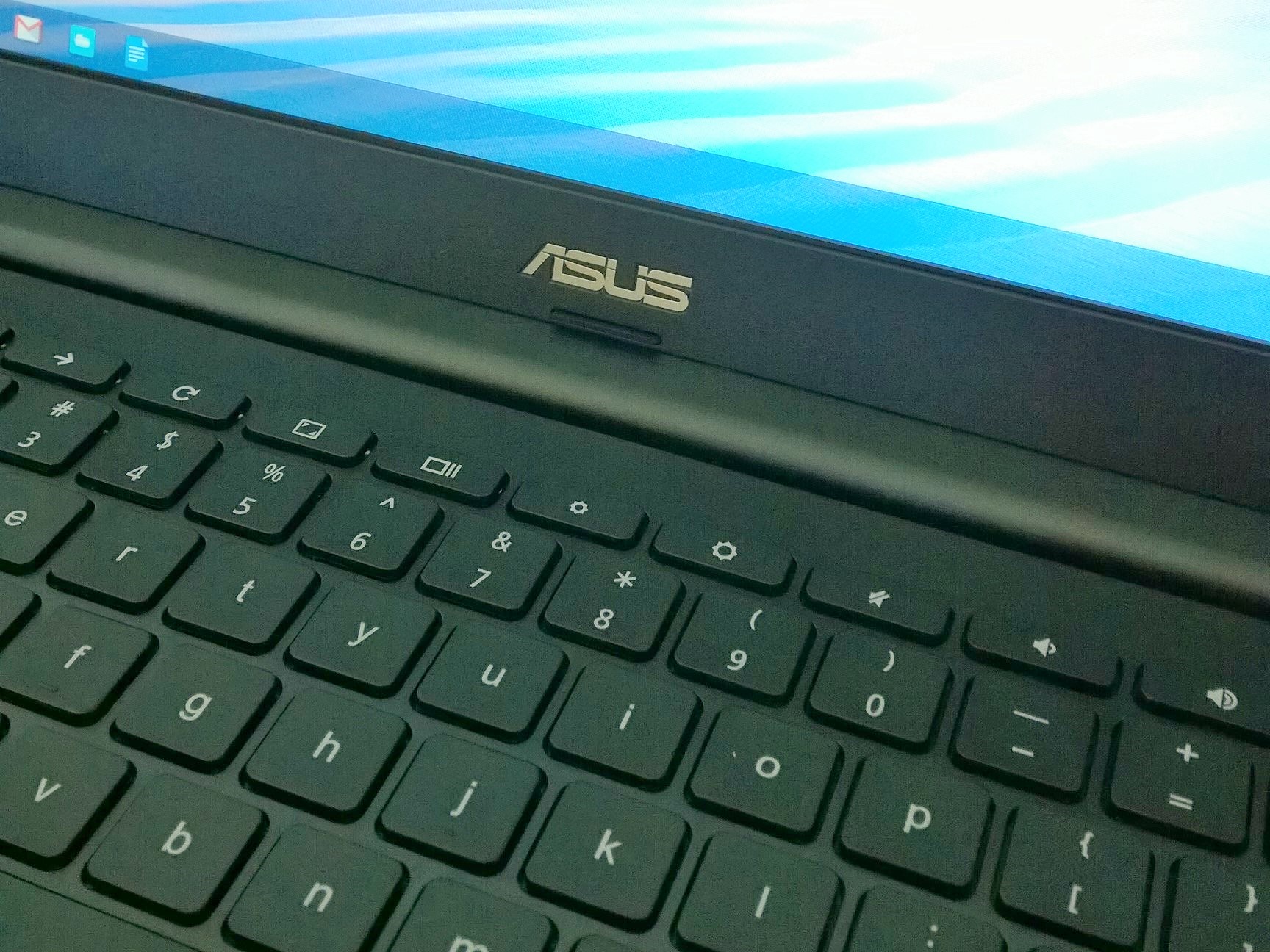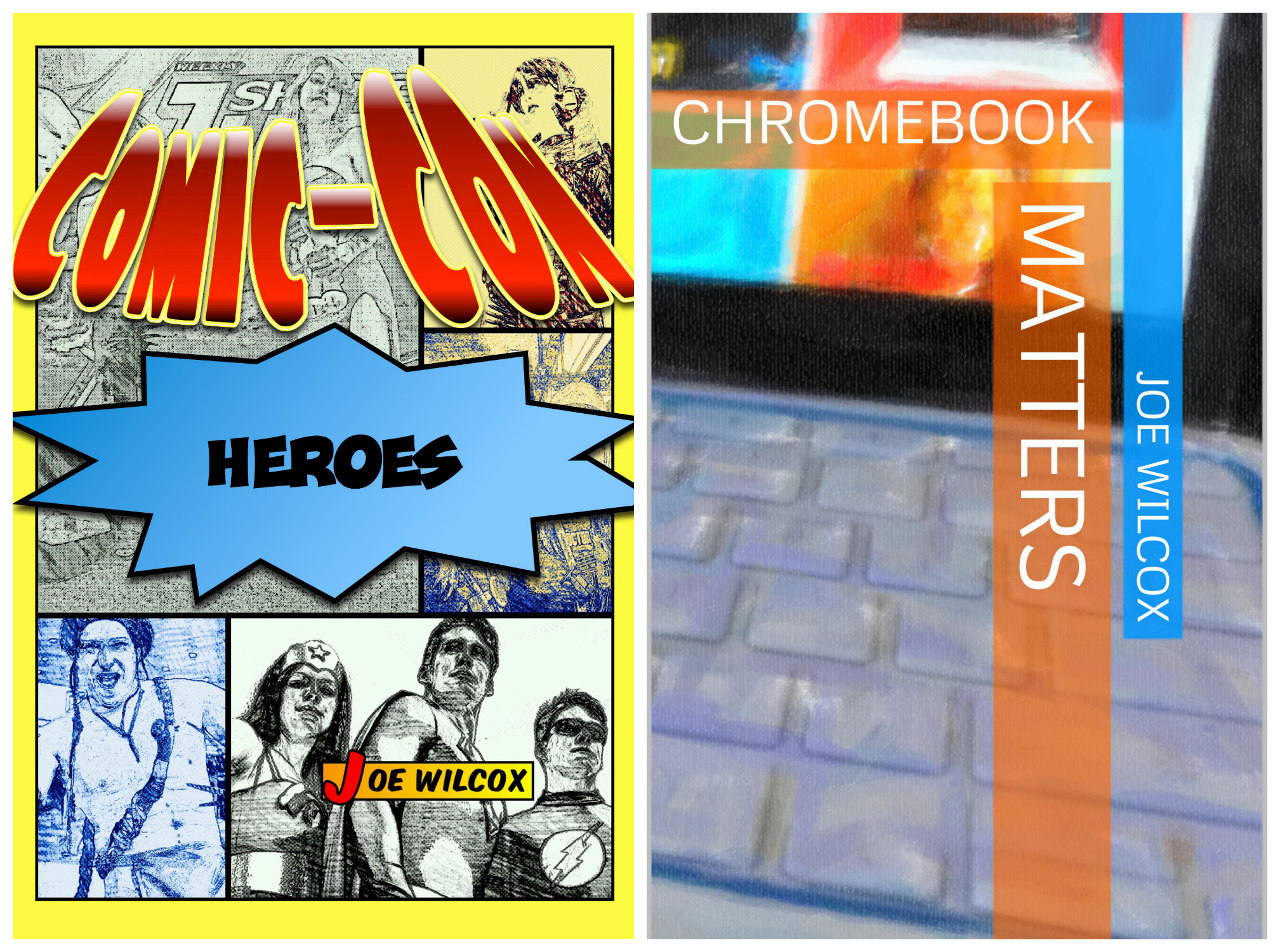For my summer “Microsoft All-In” experiment, which also meant for a time giving up Google, I moved my main email domain from Google Apps for Business to Office 365—the latter through my registrar rather than Microsoft directly. I had used the domain on Apps for five years.
The registrar did all the setup for MX records and such, and I expected to do it all for myself when switching back to Apps—that was my experience half-a-decade ago. My how things have changed. Setup was scarily easy—much, much more than expected.










